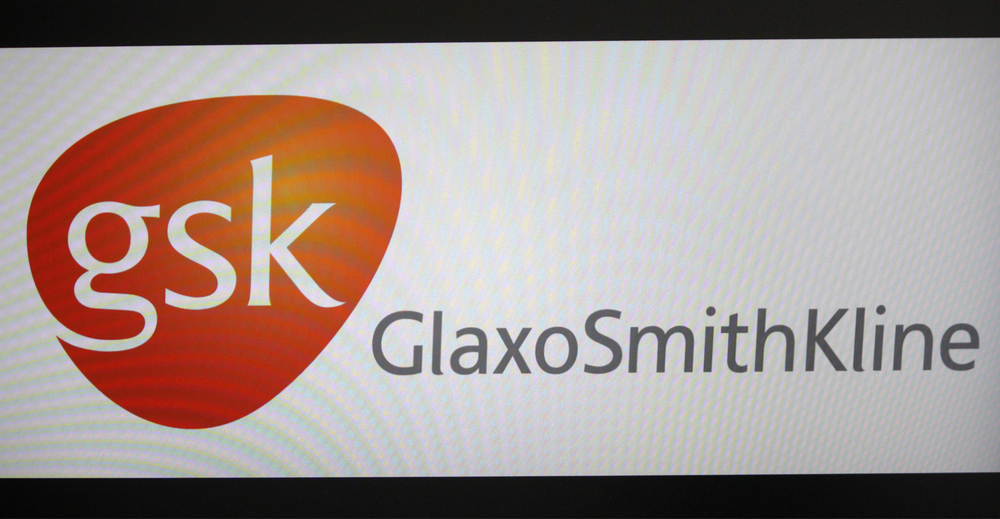
Vaccine efficacy was highest against moderate-to-severe influenza, where the disease is associated with the greatest medical and socioeconomic burden. The study met its two primary endpoints, demonstrating 63.2% (97.5% CI: 51.8–72.3) vaccine efficacy against laboratory-confirmed moderate-to-severe influenza, and 49.8% (97.5% CI: 41.8–56.8) vaccine efficacy against influenza of any severity in children six to 35 months of age.
Data from the secondary endpoint, looking at culture-confirmed influenza due to influenza strains matching the vaccine strains, showed vaccine efficacy in this subset was even higher. Vaccine efficacy against moderate-to-severe influenza was 77.6% (97.5% CI: 64.3–86.6) and vaccine efficacy against influenza of any severity was 60.1% (97.5% CI: 49.1–69.0).
“Young children belong to one of the high-risk groups for influenza and are at particular risk of complications and severe disease, even when they are otherwise healthy. In addition, children play a major role in the dissemination of influenza in any community across the world”, said Thomas Breuer, Chief Medical Officer, GSK Vaccines. “This study is the first randomised clinical trial designed to evaluate vaccine efficacy for a Quadrivalent influenza vaccine in young children. It adds to the growing body of evidence to support universal vaccination including all children from six months of age to help prevent influenza in this age group, as well as the spread of influenza across the community.”
The study also found that IIV4 reduced the impact of influenza on healthcare utilisation and daily activities, approximately halving the likelihood of visits to a doctor, antibiotic use, parental work absence and missed day-care related to the current influenza illness. This is the first study to demonstrate the impact, in a randomised clinical trial, of influenza vaccination on the use of antibiotics.
About the study
The study was a Phase III, observer-blind, multinational clinical trial to evaluate the efficacy of IIV4 in the prevention of laboratory-confirmed influenza in children six to 35 months of age.
The study was conducted in five independent cohorts between October 2011 and December 2014, and enrolled 12,018 subjects in 13 countries from Europe, Central America and Asia during the 2011-2012 and 2012-2013 Northern Hemisphere influenza seasons, and from 2012 to 2014 during influenza seasons in subtropical countries to provide robust data on vaccine efficacy.
The two primary endpoints were vaccine efficacy against moderate-to-severe influenza or all influenza (regardless of disease severity) confirmed by reverse transcription polymerase chain reaction (RT-PCR) on nasal swabs.
The safety profile of the IIV4 was comparable with that of the non-influenza control vaccine.
Filed Under: Drug Discovery




